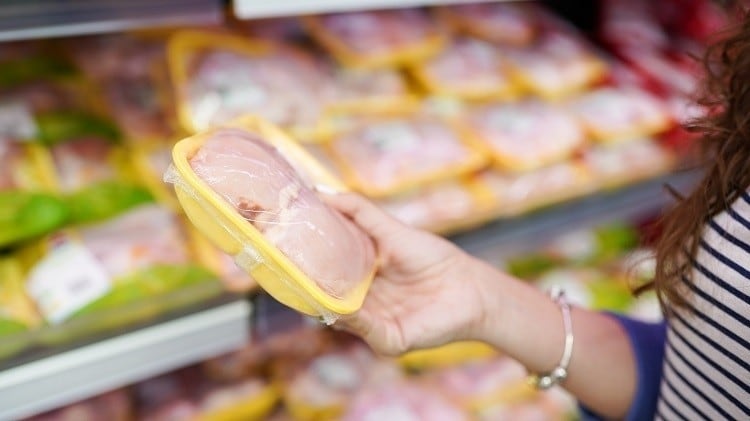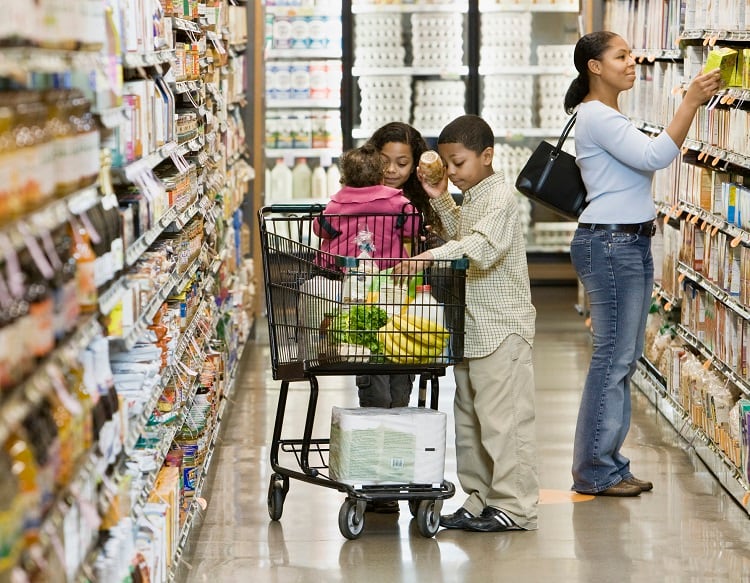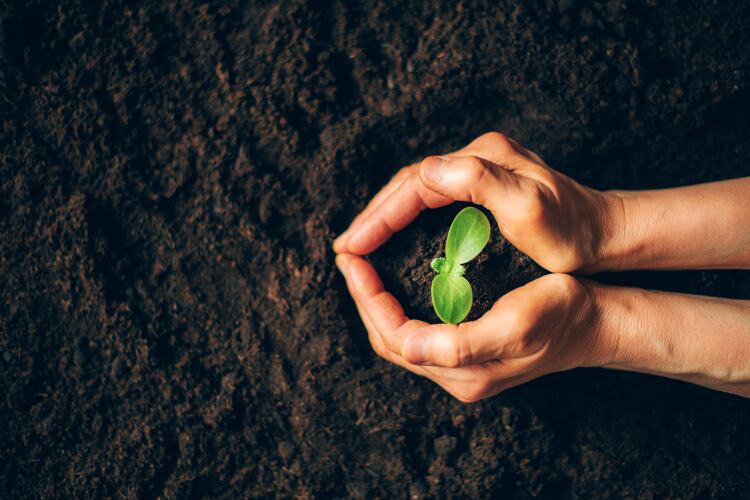Carola Schouten, the Dutch caretaker Minister for Agriculture, said last week that a tax should be introduced to increase the price of unsustainably produced foods in the supermarket.
Speaking to Dutch television programme Zembla, Shouten suggested that the price mechanism could be used to prompt consumers to shop more sustainably and opt for products like organic meat, for example.
Shoppers, she said, don’t understand the impact various production models have on the environment. “As a consumer, you don't see the difference in the supermarket between how something is produced and what that means for the living environment.”
The proceeds of the levy could be used to promote sustainable farming practices and support agricultural investment. “Make sure the levy… is placed in a special fund, for example, so that it can be used to meet the farmer's costs for sustainability. The knife then cuts both ways," Shouten told the Dutch broadcaster.
The prospect of a tax on meat or sugar has been frequently raised in The Hague. Last year, the House of Representatives adopted a motion asking Schouten to reach agreements with supermarkets on sustainability, including annual reporting on their sustainability work.
Shouten suggested that this initiative has met resistance from the food distribution sector and told Zembla that fiscal policy levers had not been pulled because the controversial approach has lacked necessary political backing.
Nevertheless, the idea that pricing could stimulate behaviour change and promote the transition towards sustainable food systems is gaining traction in Dutch circles.
Jeroen Candel, associate professor at the Public Administration and Policy Group of Wageningen University, told FoodNavigator that there is now ‘quite a strong consensus’ among academics that ‘pricing would be an effective means to change consumer behaviour’.
“So far, the government has exclusively relied on informational interventions, but these have very little impact. Last year, four ministries published an inter-departmental report in which they also advised the introduction of taxing measures,” he noted.
Raising funding for national agricultural initiatives that help progress the food systems transformation align with European sustainability efforts under the Farm-to-Fork Strategy. In addition to funding available at an EU level, Candel believes ‘considerable additional funding will be necessary at national level’ to realize a food system transition. “This instrument could help in that respect,” he explained.
The taxation would also address the problem of sustainable food systems from both a production and consumption side, representing a further departure from previous policy. “So far policy interventions have mainly targeted the production side. Much more needs to be done to also shift the demand side, most notably consumer practices,” the WU academic explained.
However, like all regressive taxes, the burden of this policy would fall most heavily on the poor. Is it fair that groups already vulnerable to food insecurity would pick up a greater proportion of the tab (as a percentage of their income) to help us all shift towards a sustainable food system?
Candel believes that any tax on unsustainably produced food would need to be combined with further financial levers to address this issue.
“You could combine such an intervention with reducing taxes on healthy products. But I think the more general and fundamental question is why people’s access to healthy and nutritious foods is comprised in the first place. I’d say this has to do with weak social policies (which need to be improved) rather than the price of food, which has never before been so low,” he suggested.
With Dutch political leaders meeting this week in a bid to secure a breakthrough in stalled coalition talks – negotiations that have gone on for more than six months after the Dutch general election returned a deeply divided parliament – it will be up to a new cabinet to decide whether a tax on unsustainable food is on the cards. But support appears to be mounting for an intervention that was once considered an outlier.




